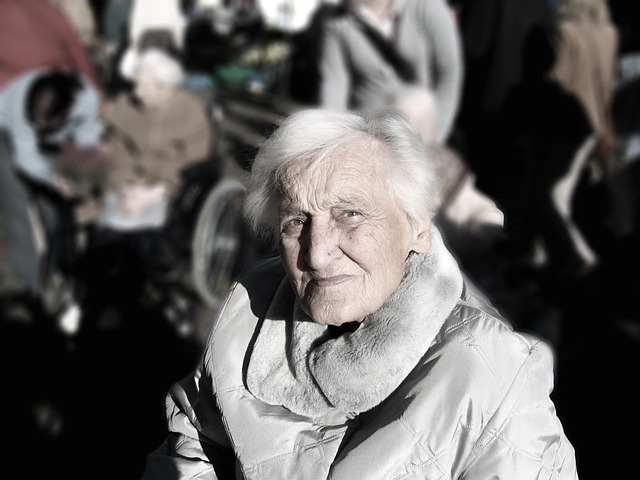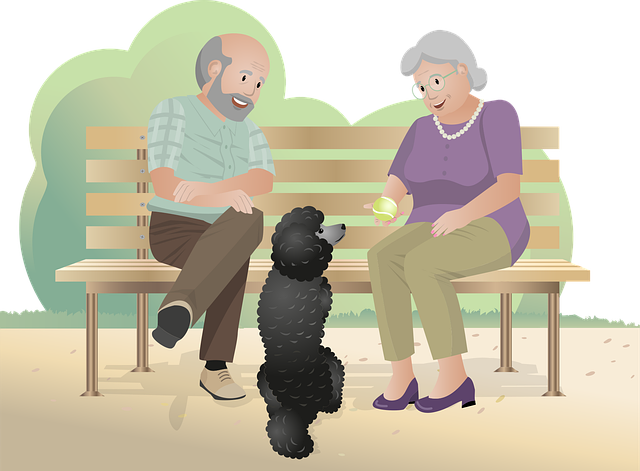Loneliness among the elderly is a growing health concern, with significant mental and physical impacts. Elderly Companion Services mitigate these effects by providing regular companionship, fostering social connections, and offering emotional support. As global elderly populations increase, accessing these services becomes crucial for enhancing seniors' quality of life. By facilitating social engagement, emotional support, and cognitive activities, companion services boost overall well-being, reduce stress, and even help access professional mental health care. When choosing companions, aligning needs with the right fit is essential, considering experience, personality compatibility, and approaches to promoting independence and mental well-being for both parties.
“Elderly loneliness is a growing concern in today’s fast-paced world, with potential significant impacts on mental well-being. This article delves into the transformative power of Elderly Companion Services as a solution to combat this issue. We explore the profound effects of loneliness on seniors, highlighting the numerous benefits of companionship for their mental health and overall quality of life. Furthermore, we provide practical guidance on selecting the ideal companion, offering key considerations for ensuring a supportive and enriching experience.”
- Understanding the Impact of Loneliness on the Elderly
- The Benefits of Companion Services for Mental Health Support
- Choosing the Right Elderly Companion: Key Considerations
Understanding the Impact of Loneliness on the Elderly

Loneliness among the elderly is a growing concern in today’s society, often overshadowed by other age-related issues. This silent epidemic can have profound effects on mental and physical health, making it imperative to address this problem head-on. The elderly, especially those living alone, may experience a significant loss of social connections as they age, leading to feelings of isolation and loneliness. These emotions can result in increased stress levels, depression, and even cognitive decline.
Elderly companion services play a pivotal role in mitigating these negative impacts. By providing regular companionship, these services offer a sense of belonging and purpose, reducing the intensity of loneliness. Companions can engage in meaningful conversations, participate in leisure activities, and provide emotional support, all of which are essential for maintaining mental well-being. With the rise of elderly populations worldwide, accessing such companion services has become more crucial than ever to ensure a higher quality of life for our seniors.
The Benefits of Companion Services for Mental Health Support

Elderly Companion Services offer a myriad of benefits for mental health support, especially in promoting overall well-being. Regular interaction with companions can combat feelings of loneliness and isolation, which are significant risk factors for depression and anxiety among the elderly population. By providing social engagement and emotional support, these services create a sense of belonging and purpose, fostering positive mental health.
Furthermore, companion services cater to various activities that stimulate cognitive function, enhance memory, and encourage physical activity. These engaging interactions can improve mood, increase self-esteem, and provide an outlet for open communication, all contributing to improved mental resilience and reduced stress levels. The presence of a caring companion can also facilitate access to professional mental health support when needed, ensuring comprehensive care for the elderly individuals’ psychological needs.
Choosing the Right Elderly Companion: Key Considerations

When considering elderly companion services, it’s crucial to align your needs with the right fit for both parties. Beyond shared company, look for companions who possess skills relevant to aging well, such as assisting with daily tasks, managing medication schedules, and facilitating social engagement. This ensures not just companionship but also safety and improved quality of life for the elderly individual.
Key considerations include assessing personality compatibility, evaluating their experience and training in geriatric care, and understanding their approach to fostering meaningful connections. Consider their flexibility to adapt to unique routines and personal preferences. Ultimately, the best match is one that promotes independence, enhances mental well-being, and cultivates a sense of purpose for both the elderly individual and their companion.
Elderly companionship services play a vital role in addressing the growing issue of loneliness among the aging population. By providing mental health support and social interaction, these services significantly enhance the well-being of seniors. Through careful consideration of individual needs and preferences, families can ensure their loved ones receive meaningful companionship that fosters a sense of belonging and overall happiness. Embracing elderly companion services is a proactive step towards creating a more supportive and connected community for our elders.






